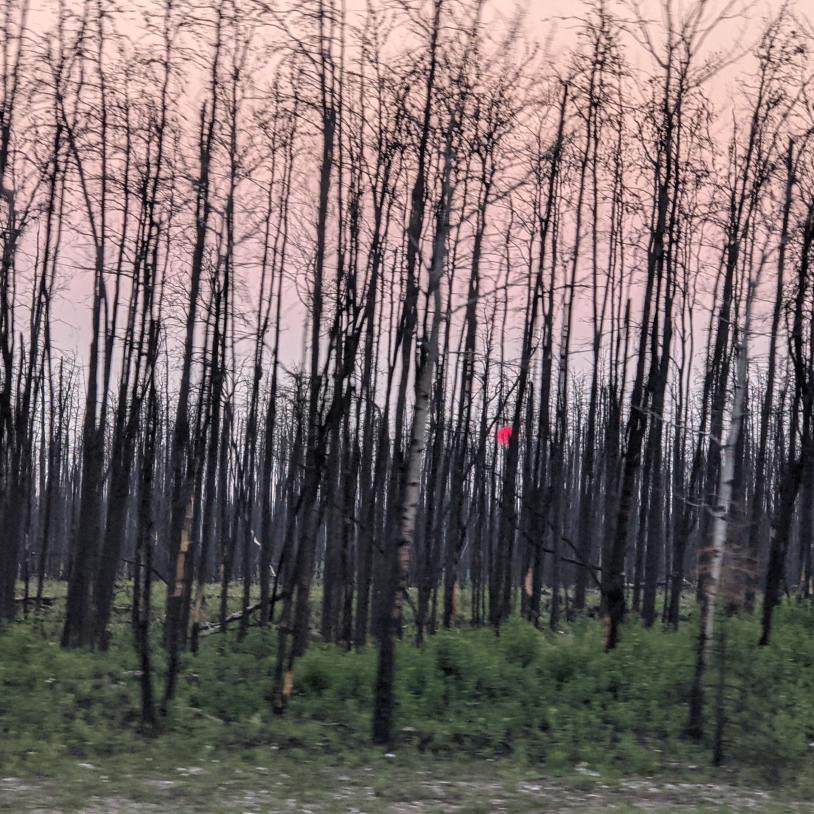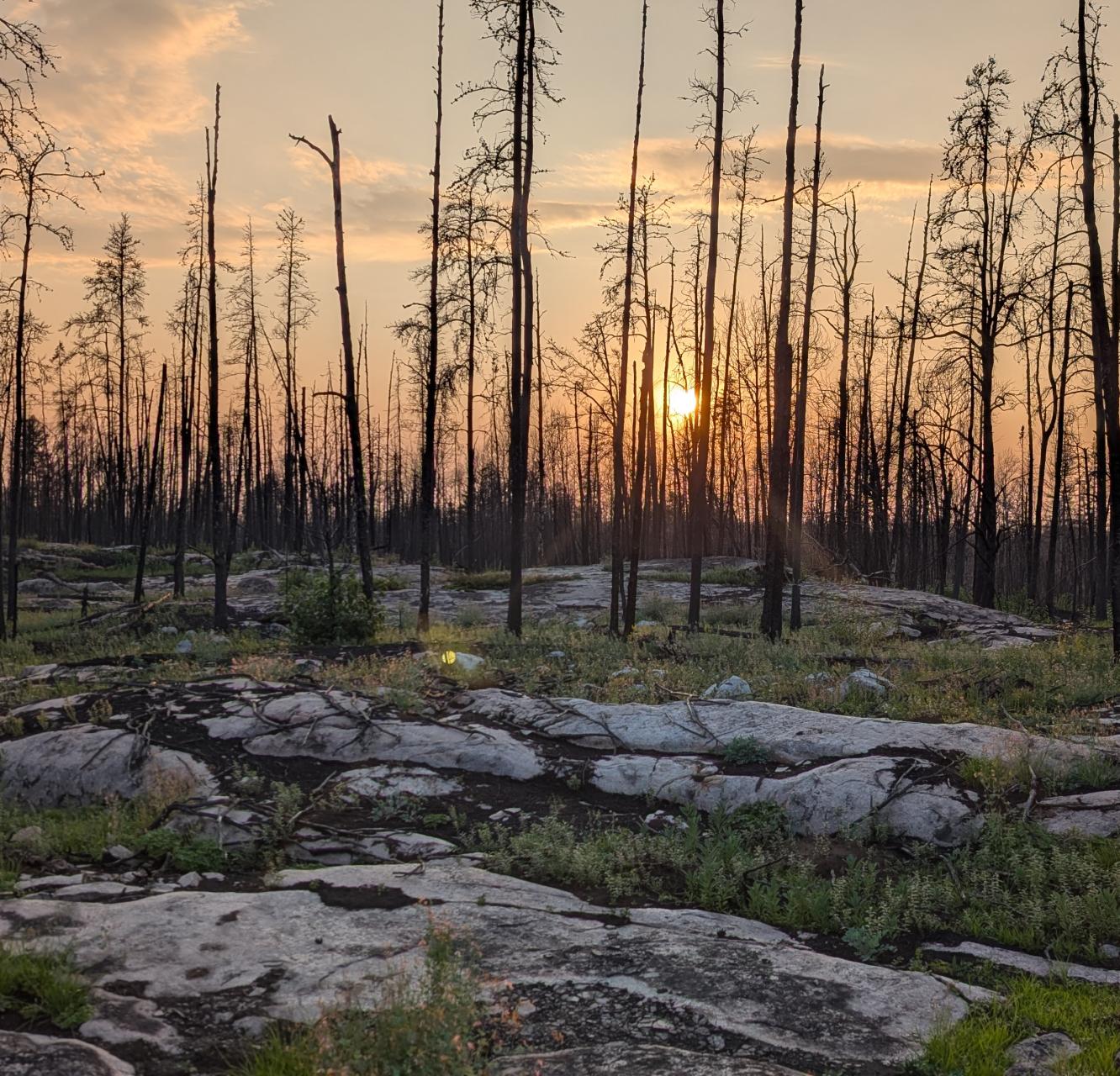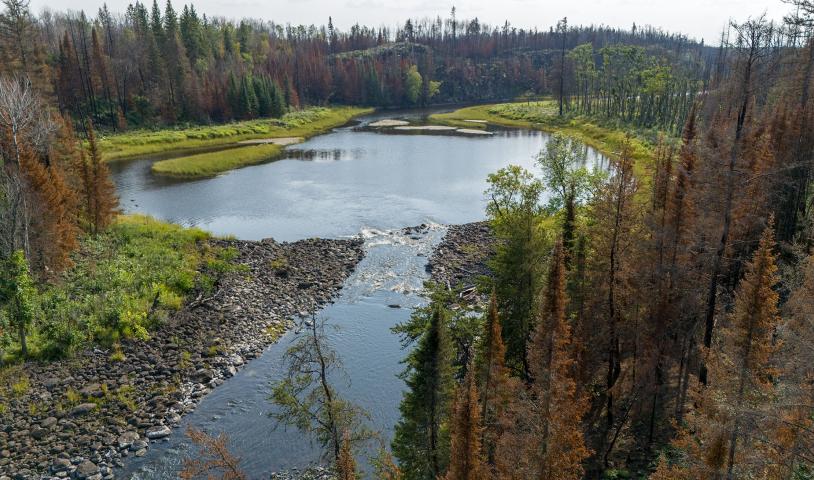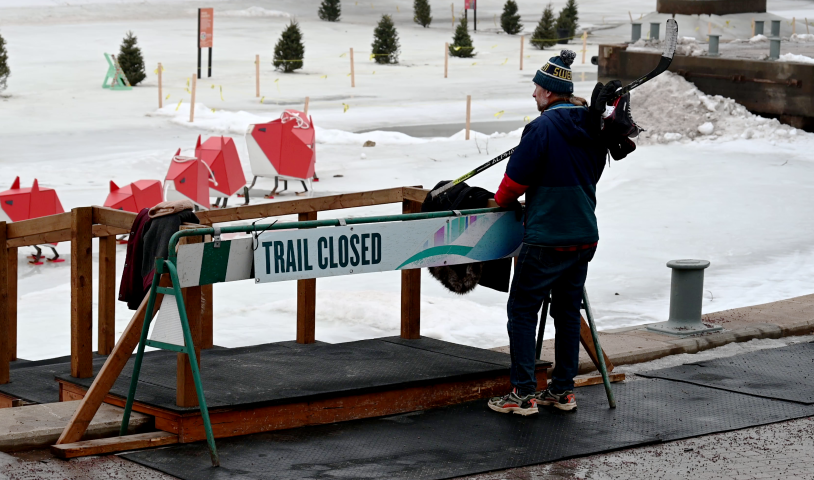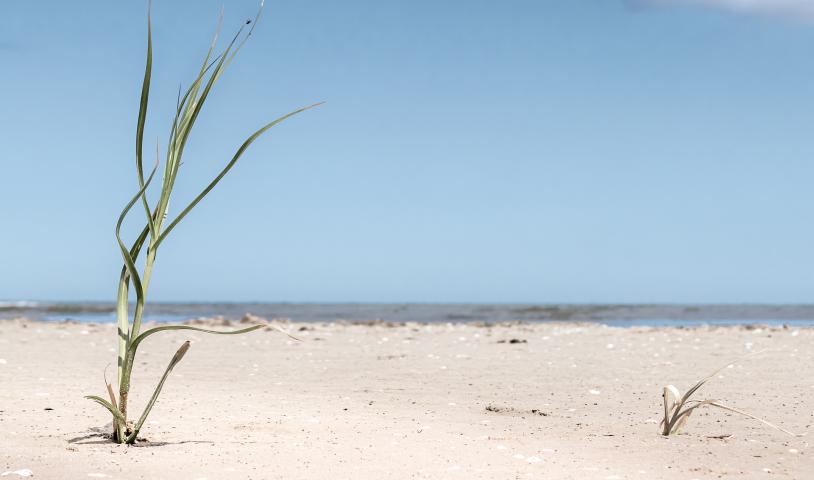Storm response positive, but longer view on climate needed
Monday, October 28, 2019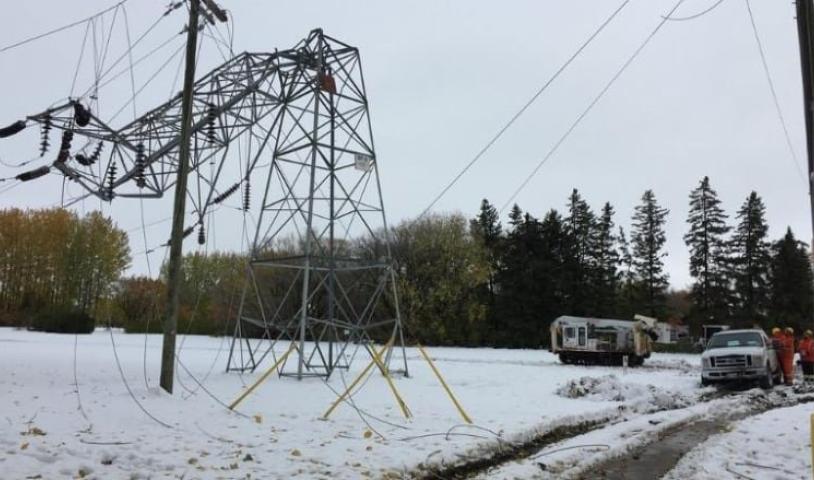
Crisis brings out community. And Manitobans show they know how to deal with climate emergencies.
There are endless stories of community caring arising from the recent great Manitoba storm. We in this province know how to handle an emergency. What we need to recognize is that this storm is the climate crisis, and it offers essential lessons for us going forward. Media stories about neighbours helping to clear trees, checking in on people with limited mobility and sharing hot meals with those without electricity — these are the kind of stories we expect to hear about in Manitoba.
I was out of the province, but my new neighbour went out of her way to send me photos of my house and assure me things looked OK. This storm brought out our sense of community and humanity.
We, as a community, have to talk about this crisis. It’s now apparent that extreme weather event after an extreme weather event is the new normal.
Thousands of Manitobans, many from First Nations, were displaced from their homes due to the electrical grid failing; it may be weeks before they’re all able to go back home. And by then they may return to frozen pipes, which will add further cost and difficulty.
To top it off, in just this short five-month growing season, farmers in Manitoba have dealt with both debilitating drought and flooding.
In 2018, while the provincial government was backtracking on putting a price on carbon in the province, farmers around Lac du Bonnet were watching their crops drown under 18 centimetres of September rain.
In the fall of 2019, the climate catastrophe brought record rain to a huge swath of the population and fully half of the crops in Manitoba were lost.
The fields around Lac du Bonnet are now once again drowned, with crops still on field, for the second year in a row.
The personal cost is enormous for farmers, and the individual actions of these farmers cannot fix this problem, no matter how hard-working they are.
This is what the climate crisis is: costly and disruptive.
How much did this storm cost us? It will cost us more than we will pay in a carbon tax this year. When will we have the next climate emergency? Soon.
How do we deal with constant emergencies? And equally important, how do we keep this from getting worse?
One answer we already know and demonstrate is that we need to be empathetic and supportive of our community as this crisis intensifies. There’s no government support structure that will carry us all safely through the climate catastrophe — we need to take care of each other.
That goes for people in small towns, in cities and from one country to another. We can’t survive with bickering and barriers; instead, we need a bigger table to feed each other at and more tools to share in the work together.
The most essential answer is we need to talk among ourselves and to our elected representatives. Now that the federal election has been decided, the new minority government needs to hear our call for action to address the climate emergency on a scale we have never seen before in this country.
This is a greater crisis than either of the great wars and requires fundamental changes to our food, shelter and transportation.
We have to talk to each other, and with experts and politicians about our communities becoming more resilient and becoming more adept at caring for ourselves and our neighbours.
Finally, the scientific goals of eliminating 45 per cent of our fossil fuel use in a decade, with a zero-carbon goal soon after, must be the base of our actions. For the next decade or so, the climate crisis will get worse. That’s unavoidable. And there’s only one path for us to begin reversing global warming, as stated by the Intergovernmental Panel on Climate Change special report: we need more nature. The only technology to draw down carbon and reverse global warming, proven to work on a scale required, is more nature.
In Manitoba, this means protecting wetlands, forests, shorelines and riparian areas and, most importantly, peat bogs. Create peace with your neighbour and community to build resilience. Act on climate by pushing for an end to fossil fuel use. Work to protect more nature and wilderness in our world.
Eric Reder is the wilderness and water campaigner for the Wilderness Committee and is based in Treaty One Territory (Winnipeg).
Read the original article published by The Winnipeg Free Press by clicking here.
